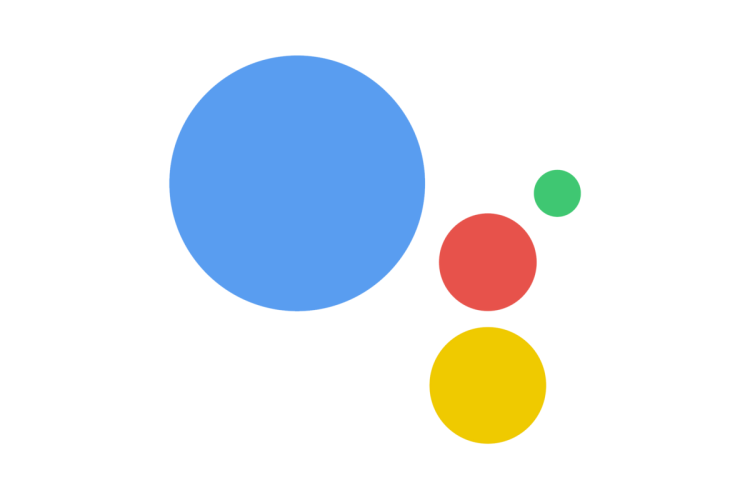testsetset
Google today opened the software development kit (SDK) of its Google Assistant, allowing tinkerers and companies making devices to incorporate Google Assistant into products like smart speakers, cars, or robots. An SDK means people can shop, ask questions, check their calendar, and other services with Google Assistant without using a Google device.
Device makers will also be able to see a transcription of communications with the device and use that text to change how their device operates.
“You can use this text to implement additional local device functionality based on the conversation. For example, you could scan for certain happy or sad keywords and change the mood lighting of the device,” said Google developer advocate Wayne Piekarski in a video intro for the SDK.
June 5th: The AI Audit in NYC
Join us next week in NYC to engage with top executive leaders, delving into strategies for auditing AI models to ensure fairness, optimal performance, and ethical compliance across diverse organizations. Secure your attendance for this exclusive invite-only event.
The opening of the SDK in developer preview continues what has been a steady march to spread Google Assistant to more devices.
Since the debut of the intelligent assistant last year, Google Assistant has been available on Pixel smartphones, Google Home, Google Allo, Android Wear, and phones running the Marshmallow or Nougat operating systems (roughly one-third of all Android uses thus far), and soon Android Auto and Android TV.
“The Google Assistant SDK includes a gRPC API, a Python open source client that handles authentication and access to the API, samples and documentation,” said Google product manager Chris Ramsdale in a blog post. The SDK allows you to capture a spoken query, for example ‘what’s on my calendar’, pass that up to the Google Assistant service and receive an audio response. And while it’s ideal for prototyping on Raspberry Pi devices, it also adds support for many other platforms.”
The SDK is part of the approach taken to spread their intelligent assistants by companies like Amazon, Google, Microsoft, and Samsung beyond their own devices.
The Amazon Echo SDK, for example, has been used to extend Alexa to a motorized wheelchair and home robot. A can of Pringles and a Raspberry Pi can be combined to make a crude, delicious-smelling version of the Amazon Echo. An integration with General Electric appliances is also coming.
Google first announced plans to release a Google Assistant software development kit at an event to debut the Pixel smartphones and other devices last October.
In another big change for the assistant, last week Google Assistant on Google Home gained the ability to recognize unique voice and support up to six accounts.

